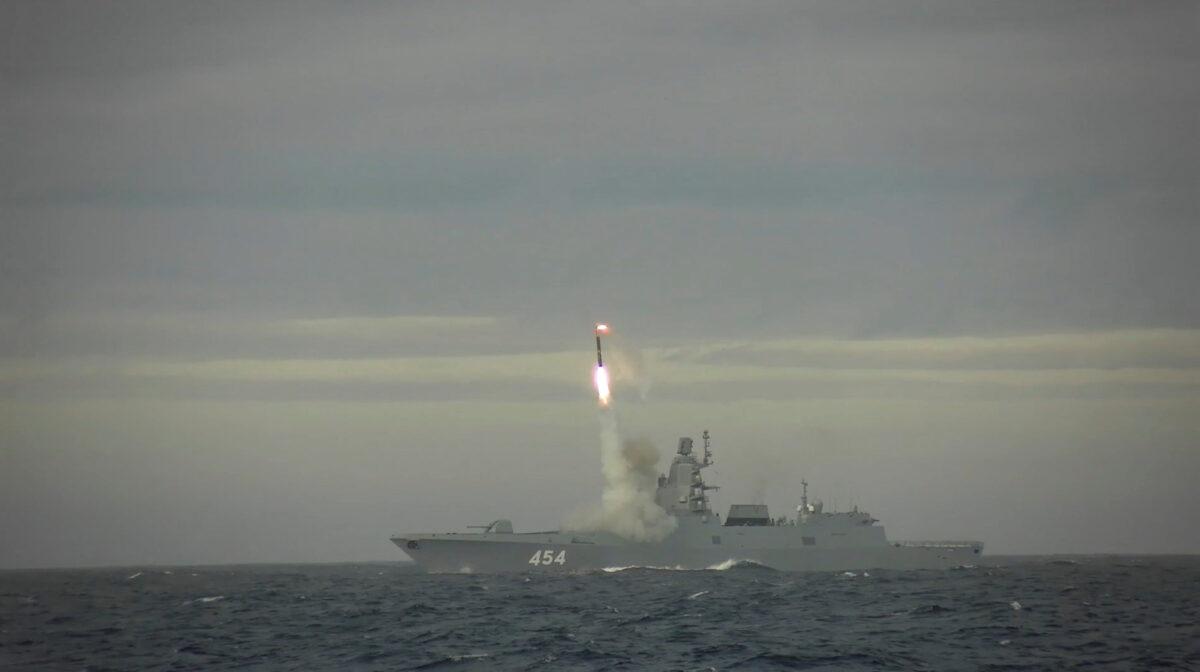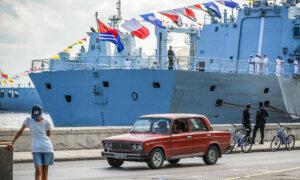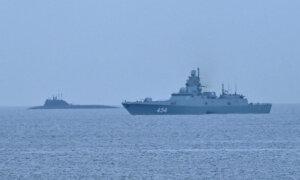TSA officials said the visit was routine and that reciprocal airport visits is necessary to assure the security of international flights.
A House panel quizzed Transportation Security Administration officials on their decision to give a delegation from Cuba, a state sponsor of terrorism and close China ally, a guided tour of Miami International Airport and TSA headquarters in May.
Carlos Gimenez (R-Fla.), chairman of the House Homeland Security Subcommittee on Transportation and Maritime Security, called the TSA’s actions “outrageous” in a July 9 hearing to discuss the agency’s international operations and interactions with adversarial foreign governments—especially the Communist government in Cuba.
Democrats on the subcommittee indicated that the visit was needed for aviation safety, that a similar visit was conducted under former President Donald Trump, and that it is part of a reciprocity agreement between the two countries.
Republicans pointed out that during the 2018 TSA visit, Cuba was not designated as a state sponsor of terrorism. The State Department put it on the list in 2021, joining North Korea, Iran, and Syria.
Conservative congressional members said delegations from Iran, Syria, and North Korea don’t tour U.S. airports and wondered why Cuba was given privileged treatment.
They questioned why Cuba’s representatives were allowed to view checkpoint operations, the canine program, screening equipment, Air Marshal training, and covert testing.
TSA administrators at the hearing defended their actions as routine, saying the Cuban delegation did not have access to sensitive information and only saw what any traveler could see at the airport.
They said TSA officials have visited Cuban facilities more than their Cuban counterparts have visited those in the United States in recent years.
Mr. Gimenez, who fled Cuba as a child after the communist dictatorship takeover, wanted to know why a U.S. government agency would welcome officials from Cuba, designated as a terrorism sponsor and home to a secret Chinese spy base.
He also noted that Havana has strengthened ties with Russia.
“TSA and the State Department failed to notify or coordinate this visit with airport authorities, state, and local officials, and they did not notify Congress of their intention to host a state sponsor of terrorism on American soil,” he said.
Even after lawmakers objected to the visit, Mr. Gimenez said TSA continued the tour, including to TSA headquarters near Washington.
Moreover, senior TSA leaders, including Administrator David Pekoske, were not aware of the visit, demonstrating the TSA’s “negligence,” Mr. Gimenez said.
Minority leader Shri Thanedar (D-Mich.) countered that the visit was warranted since foreign governments need to meet security requirements for air carriers flying into the United States and there’s a need to inspect them for compliance.
“To the agency’s security mission, maintaining access to foreign airports requires diplomacy and reciprocity, including with our nation’s adversaries if they have direct flights to the United States,” he said.
Tensions between the United States and Cuba, some 90 miles off Key West, Florida, have grown in light of the communist island’s cozy relationship with U.S. adversaries.
Florida is home to strategic U.S. military bases, including the U.S. Central Command headquarters, the U.S. Southern Command, Cape Canaveral Space Force Station, and Eglin Air Force Base.

In June, Russian warships on their way to Cuba conducted military exercises in the Atlantic, including the Admiral Gorshkov frigate armed with Zircon hypersonic missiles. Russia announced that the missile is capable of penetrating any existing anti-missile defenses by flying nine times faster than the speed of sound and has a range of more than 620 miles.
At the hearing, TSA administrators apologized for not alerting Miami authorities of the Cuban visit and promised to tell local leaders about any future visits.
“Up front, I would like to acknowledge the TSA could have done a better job coordinating with the Miami Airport and local officials for the most recent engagement with the Cuban aviation authorities,” said Melanie Harvey, TSA’s Executive Assistant Administrator for security operations.
She also apologized for not advising congressional members of the Cuban visit, adding that lawmakers weren’t notified of those visits in the past.
Ms. Harvey testified that Cuban officials were vetted before the “routine” May visit.
If the United States blocked Cuban delegations from touring U.S. airports, they could do the same thing, she said.
Ms. Harvey said reciprocity of airport visits between the countries was needed to assure the security of international flights.
Robert Garcia (D-Calif.) said lawmakers should be careful about making allegations that routine TSA inspections involving agreements between governments are somehow undermining national security.
“I think that is a very serious accusation to make, and it’s one that needs to be handled, I think, very carefully,” he said.
The Associated Press contributed to this story.
Original News Source Link – Epoch Times
Running For Office? Conservative Campaign Consulting – Election Day Strategies!


